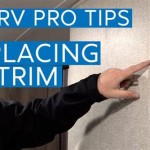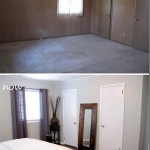Becoming an interior designer is a rewarding career path that requires creativity, problem-solving skills and knowledge of design principles. Whether you’re just starting out in the field or have been working as an interior designer for years, here are some tips to help you get started.
Gaining Experience
The first step to becoming an interior designer is to gain experience in the field. You can get started by volunteering to help out a local designer or by taking on small projects to build your portfolio. If you have a passion for design and aren’t afraid to take on challenging projects, you may be able to land a paid job in the field.
You may also want to consider enrolling in an interior design school or program. These programs provide hands-on experience and can help you develop the skills and knowledge necessary to become a successful interior designer.
Networking
Networking is an important part of becoming an interior designer. Reach out to experienced designers, attend industry events, and join professional organizations to meet others in the field. This can help you make connections and build relationships that can lead to job opportunities.
Getting Certified
Once you have gained experience and made connections, you may want to consider becoming certified. Certification is not a requirement to practice as an interior designer, but it can help you stand out from other applicants and demonstrate your commitment to the profession.
Certification is available through organizations such as the Interior Design Society, the American Society of Interior Designers, or the International Interior Design Association. You can find information about the requirements and process for each organization on their websites.
Continuing Education
Once you have become an interior designer, it’s important to stay up to date on the latest trends and techniques in the field. This can be done through continuing education courses, attending conferences and seminars, and reading design magazines and blogs.
Continuing education is important for staying competitive in the field and can help you stay ahead of the curve. It’s also a great way to network and make connections with other professionals in the industry.













/Interiordesigners-GettyImages-719877359-59f90a2d6f53ba00111cbe4e.jpg)

Related Posts








